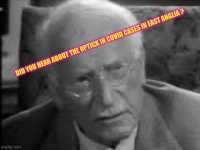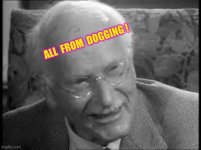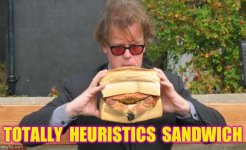This is an evisceration:
'... I learned not only a way of reading but a way of living. The more removed I was from a primary act, the more valuable it was. Why scoop soup at the homeless shelter when you could say something interesting about how naive it was to think that feeding people really helped them when really what was needed was structural change.'
'... Because these are some of the smartest, kindest and most energetic people I know, I cannot resist the question: Is this the best way for them to spend their lives? If they acknowledged that they were largely engaged in the amoral endeavor of pure intellectual play, that would be one thing, but each of these people considers their work deeply, emphatically political... I do wonder if we're handicapped, publicly impaired somehow.'
'Like most of my siblings of Theory, from time to time I have tried to get off my duff and do something concrete: protest, precinct walk, do volunteer work — whatever — but I always get impatient. I wasn't meant to chant annoying rhymes. I am trained to relish complexity, to never simplify a thought. I am trained to appreciate "difference" (between skin tones and truths), but I don't know how to organize a political meeting, create a strategy or make a long-term commitment to a social organization.'





